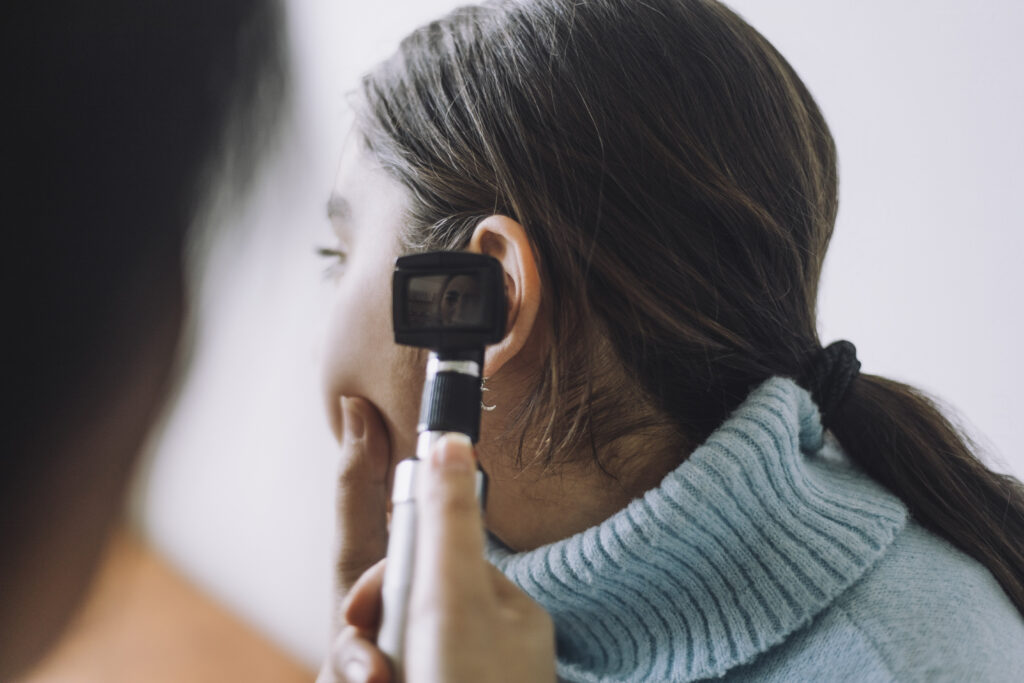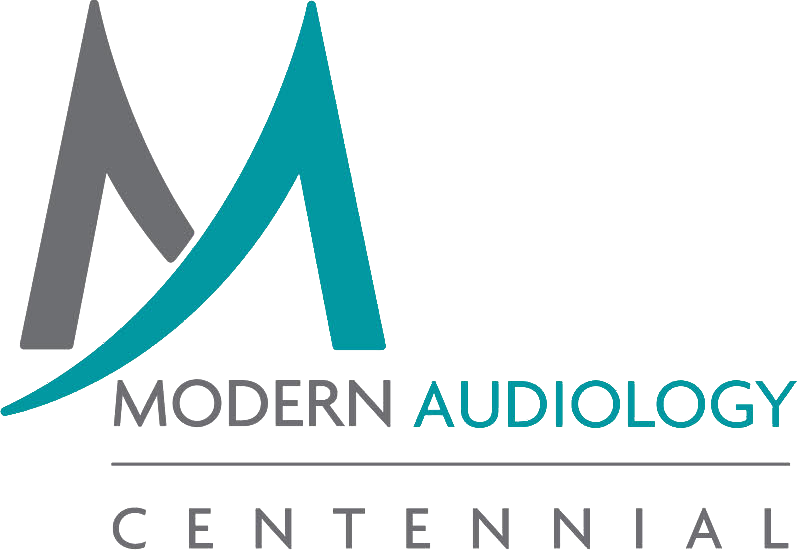The Role of Hearing Tests in Early Detection of Ear Infections

Ear infections are a common health issue that can affect individuals of all ages, but they are particularly prevalent in children. While many ear infections resolve on their own, others can lead to complications if not detected and treated early. One of the most effective ways to catch an ear infection in its early stages is through regular hearing tests. In Centennial, regular hearing assessments play a crucial role in maintaining ear health and preventing long-term hearing loss.
Understanding Ear Infections and Their Impact on Hearing
Ear infections occur when bacteria or viruses invade the ear, leading to inflammation and fluid buildup behind the eardrum. This condition, known as otitis media, is especially common in young children due to their developing immune systems and shorter eustachian tubes. However, adults can also suffer from ear infections, which can be more serious if left untreated.
Ear infections can cause temporary hearing loss, as the buildup of fluid and inflammation disrupts the normal movement of sound through the ear. In some cases, repeated or severe infections can lead to permanent damage to the structures of the ear, resulting in long-term hearing loss. This is why early detection through hearing tests in Centennial is so important.
The Role of Hearing Tests in Detecting Ear Infections
Hearing tests are an essential tool in the early detection of ear infections. These tests can identify changes in hearing that might indicate the presence of fluid or inflammation in the ear, even before symptoms become noticeable. Regular hearing assessments can also track the progress of an ear infection, helping to determine whether treatment is effective or if further medical intervention is needed.
For individuals using hearing aids in Centennial, it’s particularly important to monitor hearing health regularly. Ear infections can impact how well hearing aids function, making it crucial to address any infections promptly to maintain optimal hearing aid performance.
Benefits of Early Detection
Detecting an ear infection early offers several key benefits. First and foremost, early detection allows for prompt treatment, reducing the risk of complications such as chronic ear infections, hearing loss, or the spread of infection to other parts of the ear and head.
In children, early detection is particularly important, as untreated ear infections can affect speech and language development. By catching and treating ear infections early, parents can help ensure that their child’s hearing and communication skills develop normally. If you’re concerned about your child’s hearing, consider reading our guide on identifying and managing hearing loss in children in Centennial.
How Hearing Tests Are Conducted
During a hearing test, an audiologist will conduct a series of assessments to evaluate how well sound is traveling through the ear. These tests can include pure-tone audiometry, which measures the faintest sounds a person can hear at various pitches, and tympanometry, which assesses the movement of the eardrum in response to changes in air pressure. Tympanometry is particularly useful in detecting fluid behind the eardrum, a common sign of an ear infection.
In Centennial, hearing tests are performed by experienced audiologists who can accurately diagnose any hearing issues related to ear infections. For those who have already experienced hearing loss, these tests can also help determine the best course of action, such as adjusting hearing aids or exploring other treatment options. To better understand the results of your hearing test, check out our article on understanding your hearing test results in Centennial.
Preventing Ear Infections and Protecting Hearing
While hearing tests are vital for detecting ear infections, there are also steps you can take to prevent these infections from occurring in the first place. Keeping the ears clean and dry, avoiding exposure to smoke, and practicing good hygiene can all help reduce the risk of ear infections.
Additionally, being aware of how certain medications might affect your hearing is important. Some medications can increase the risk of ear infections or hearing loss, so it’s important to discuss any concerns with your healthcare provider. Learn more about the potential effects of medications on hearing in our article could your medications be affecting your hearing?.
The Importance of Regular Hearing Tests in Centennial
Regular hearing tests are not just for detecting hearing loss; they are also a valuable tool in monitoring overall ear health and identifying issues like ear infections early. By scheduling regular hearing assessments, you can ensure that any potential problems are caught and addressed before they lead to more serious complications.
For those using hearing aids in Centennial, it’s important to maintain and care for your devices to ensure they function properly, especially if you’re dealing with an ear infection. For tips on keeping your hearing aids in top condition, visit our guide on hearing aids care.
Conclusion
Ear infections are a common and potentially serious health issue that can affect your hearing. By incorporating regular hearing tests in Centennial into your healthcare routine, you can catch ear infections early and take the necessary steps to protect your hearing. Whether you’re concerned about an ear infection or just want to ensure your hearing remains healthy, Modern Audiology Centennial is here to provide the expert care you need.
